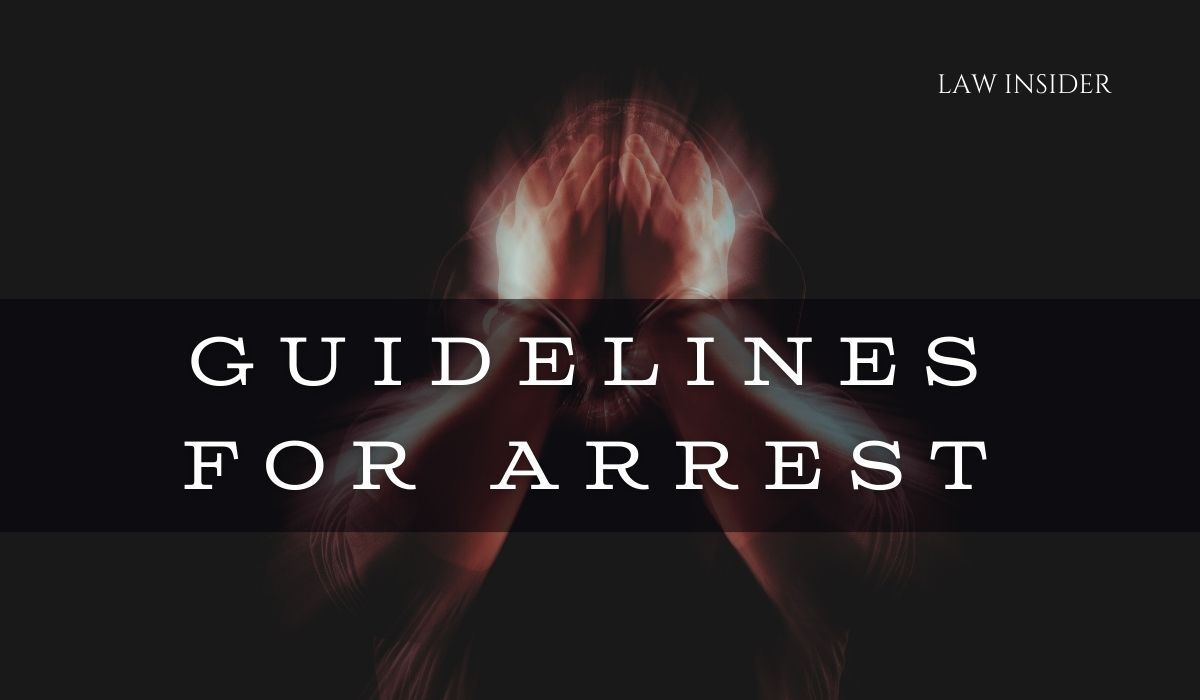By Hemlata Kachhap
Published on: 21 July 2023 at 17:45 IST
Behind the majestic pillars of justice and within the corridors of power, a landmark case emerged that shook the very foundation of India’s criminal justice system. The Dilip K. Basu Versus State of West Bengal & Ors. case, a pivotal moment in the country’s legal history, brought to light the harrowing experiences faced by countless individuals during arrest and detention.
In a bid to safeguard fundamental rights and prevent custodial abuses, the Supreme Court of India laid down a series of compelling guidelines – a beacon of hope for the vulnerable, a testament to the pursuit of justice, and a powerful call for accountability. Join us as we delve into this gripping narrative, unveiling the transformative measures that now stand as a bulwark against the shadows of injustice in the Indian legal landscape.
In the landmark case of Dilip K. Basu Versus State of West Bengal & Ors., where the Supreme Court of India laid down crucial guidelines to be followed in all cases of arrest or detention until legal provisions are established as preventive measures. These guidelines aim to ensure the protection of fundamental rights and the humane treatment of individuals under custody.
1. Visible Identification and Record Keeping:
The police personnel involved in making the arrest and conducting the interrogation must wear accurate and visible identification tags with their designations. Additionally, all relevant details of these personnel should be recorded in a register to maintain transparency and accountability.
2. Memo of Arrest:
The arresting officer is required to prepare a memo of arrest at the time of apprehension. This document must be attested by at least one witness, who can be a family member of the arrestee or a reputable person from the locality where the arrest takes place. The memo should also be counter-signed by the arrestee, and it must contain the time and date of the arrest.
3. Informing Family or Friends:
Any person who has been arrested or detained is entitled to have a friend, relative, or someone interested in their welfare informed about their arrest as soon as possible. This right ensures that individuals in custody are not isolated and have some support during their ordeal.
4. Notification of Arrest:
The police must notify the time, place of arrest, and custody venue to the next friend or relative of the arrestee who resides outside the district or town. This information should be communicated telegraphically within 8 to 12 hours after the arrest through the Legal Aid Organization and the concerned police station.
5. Right to Information:
The arrestee must be informed of their right to have someone informed about their arrest or detention immediately after being taken into custody.
6. Diary Entry:
A comprehensive entry must be made in the diary at the place of detention, providing details of the arrest and disclosing the name of the next friend or relative who has been informed of the arrest. It should also include the names and particulars of the police officials in whose custody the arrestee is placed.
7. Medical Examination:
The arrestee has the right to request a medical examination at the time of arrest. Any major or minor injuries present on the arrestee’s body must be documented in an “Inspection Memo,” which must be signed by both the arrestee and the arresting police officer. A copy of this memo should be provided to the arrestee.
8. Regular Medical Check-ups:
During the arrestee’s detention in custody, they must undergo a medical examination by a trained doctor every 48 hours. The panel of approved doctors, appointed by the Director of Health Services of the respective State or Union Territory, should conduct these examinations.
9. Communication with Magistrate:
Copies of all relevant documents, including the memo of arrest, should be sent to the local Magistrate for their records. This measure ensures that there is oversight and a record of the arrest process.
10. Legal Representation:
The arrestee should be allowed to meet with their lawyer during the interrogation, though not necessarily throughout the entire process. This provision ensures that the detainee has access to legal counsel, safeguarding their rights and interests.
11. Police Control Room:
To enhance accountability and transparency, a police control room should be established at all district and state headquarters. This control room will receive information about the arrest and the place of custody from the arresting officer within 12 hours of the arrest, and this information should be displayed on a conspicuous notice board.
The guidelines set forth by the Supreme Court in the Dilip K. Basu case are essential steps in safeguarding the rights of individuals during arrest and detention. They promote transparency, accountability, and respect for human dignity, acting as a shield against custodial abuses. It is crucial for law enforcement agencies across the country to implement these guidelines rigorously and for citizens to be aware of their rights during such situations. Only by upholding these principles can we ensure a just and fair criminal justice system that respects the fundamental rights of all individuals.

